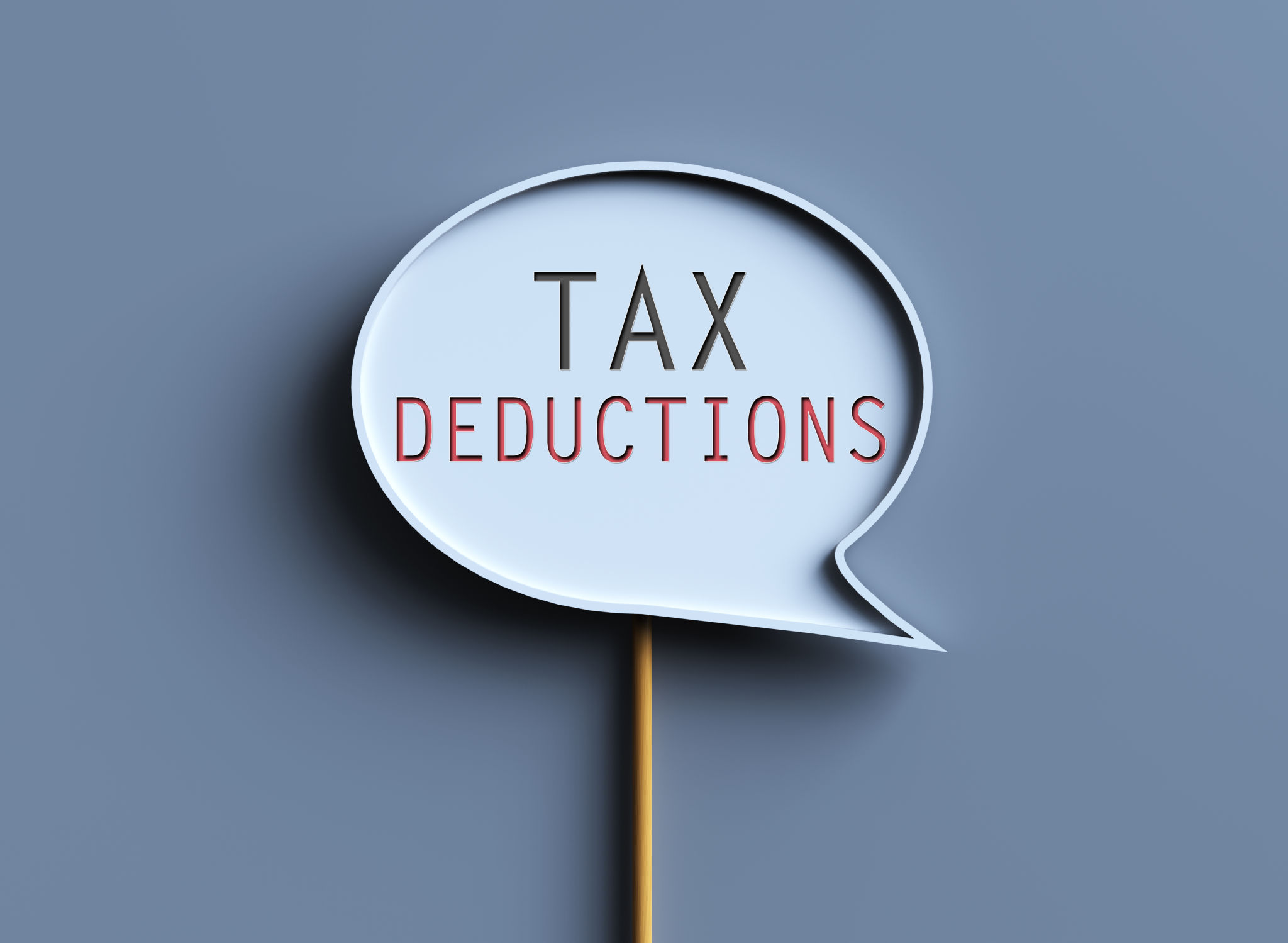Tax Preparation for Small Business Owners: What You Need to Know
Understanding Your Tax Obligations
As a small business owner, understanding your tax obligations is crucial for compliance and financial health. Taxes can be daunting, but being informed makes the process manageable. Small business taxes typically include federal, state, and local taxes, which vary depending on the structure of your business. It's essential to know which taxes apply to you and how to file them correctly.
Consider consulting with a tax professional to ensure you're meeting all necessary obligations. They can provide guidance tailored to your business structure, whether it's a sole proprietorship, partnership, LLC, or corporation. Staying informed and organized will help you avoid penalties and make the most of available deductions and credits.

Keeping Accurate Records
One of the most critical aspects of tax preparation is maintaining accurate and up-to-date records. Good record-keeping can save you time and money during tax season. Start by organizing receipts, invoices, bank statements, and any other financial documents related to your business operations.
Using accounting software can significantly streamline this process, making it easier to track income and expenses throughout the year. Proper documentation not only helps in filing accurate returns but also provides a clear picture of your business's financial health.
Essential Documents for Tax Filing
When preparing your taxes, ensure you have the following documents:
- Income statements
- Expense receipts
- Bank statements
- Previous year's tax returns
- Payroll records

Maximizing Deductions
One of the benefits of being a small business owner is the potential for various tax deductions. These deductions can significantly reduce your taxable income, lowering the amount you owe. Common deductions include home office expenses, travel expenses, equipment purchases, and employee salaries.
To maximize your deductions, keep detailed records of all business-related expenses. Ensure these expenses are necessary and ordinary for your business operations. Consulting with a tax professional can help identify all possible deductions and ensure compliance with IRS regulations.

Understanding Estimated Taxes
If your business is expected to owe more than $1,000 in taxes, you may need to pay estimated taxes quarterly. Estimated taxes cover self-employment tax and income tax, helping you avoid a large tax bill at the end of the year.
Failing to pay estimated taxes can result in penalties. It's important to calculate these payments accurately based on your expected income for the year. Using IRS Form 1040-ES can guide you through estimating and paying these taxes efficiently.
Filing Your Tax Return
When it comes time to file your tax return, ensure all information is accurate and complete. Errors or omissions can lead to delays or audits. Double-check all figures and ensure all necessary forms are included in your submission.
If you're filing electronically, many tax programs offer error-checking features that can catch common mistakes. Filing electronically can also expedite processing times and refunds. Always keep copies of submitted returns for your records.
Deadlines to Remember
Missing tax deadlines can result in penalties and interest charges. Here are some important dates to remember:
- Quarterly estimated taxes: April 15th, June 15th, September 15th, January 15th
- Annual tax return: April 15th (or the next business day if it falls on a weekend or holiday)
By staying organized and informed about your tax obligations, you can manage your small business's finances more effectively and focus on growth.
